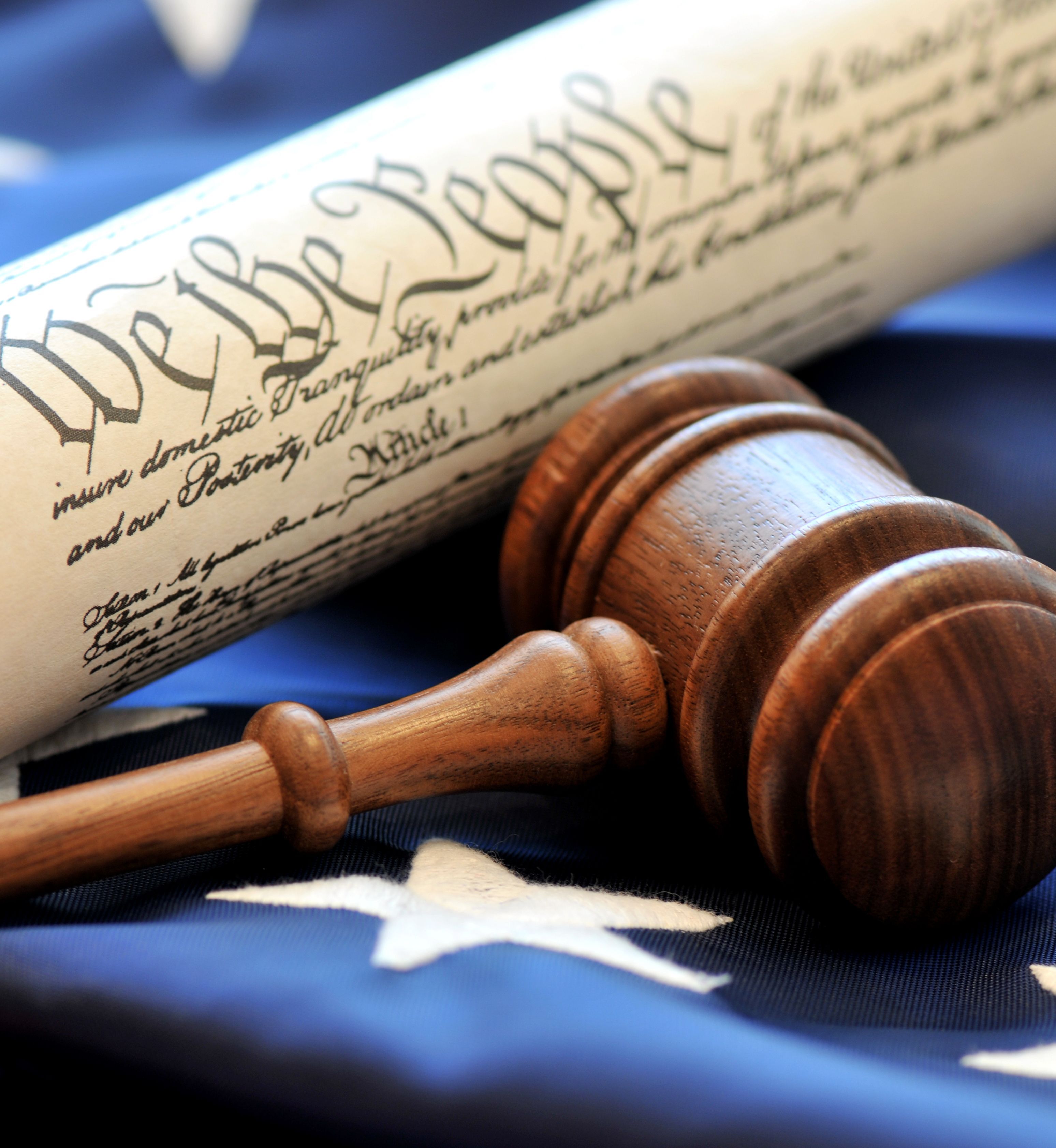
Denver, Colorado, May 1, 2025 –
Since 1979, the Colorado Judicial Institute (CJI) has promoted excellence, equity, impartiality, and public trust in Colorado's courts through outreach, education, and engagement. CJI’s work has always included support and advocacy for the rule of law, which is foundational to our legal system and our democratic republic.
On May 1, in commemoration of Law Day, CJI issues this statement below.
Scroll through the news today and you can’t miss it: courts under attack, judges facing threats, laws being twisted to meet political ends. It feels like there is a tectonic shift happening in our nation. But amid the turmoil, there is one core principle that must remain vibrant and alive: the rule of law.
A democratic nation protects its freedom when its constitution limits government power, separates that power into distinct branches, and holds everyone—including government officials—accountable to the same laws. That’s the system we’ve had in America for nearly 240 years. It’s what ensures due process, supports judicial independence, and keeps our leaders from operating above the law. And it’s the reason we’ve enjoyed one of the freest, most stable societies in the world. Many have given their lives to protect our Constitution, as evident from the rows of graves in Arlington National Cemetery.
The rule of law means we’re governed by laws, not individuals. It means that no one—not even our elected officials—is above these laws. The framers of the U.S. Constitution intentionally wove this concept into the nation's governing fabric, dispersing power among three branches—legislative, executive, and judicial—each with limited authority and checks on the others. Courts are the final backstop. They make sure the rules apply equally to everyone.
But even the best-designed system functions effectively only when government officials fulfill their oaths of office and the people are committed to its preservation. That’s where due process comes in. Before the government can take your liberty, your property, or your life, it must follow mandatory procedures. That means giving notice, stating the reasons, and allowing you a meaningful chance to respond.
Equally important is the selection of impartial judges who can uphold these principles without political influence.
In Colorado, we’ve built a judiciary that reflects these values. Our judges aren’t chosen through partisan elections. They don’t campaign or raise money. That’s because our voters decided decades ago to remove politics from the courtroom. Instead, judges are selected through a merit-based process in which a nonpartisan commission vets applicants before an appointment is made by the governor. Later, voters decide whether to retain those judges or remove them if they’re not performing. But they can’t be tossed just for making an unpopular—but legally correct—decision. That independence is what makes the rule of law real.
Still, we’re seeing cracks in the system, even here in Colorado, where judges are facing threats. This is alarming. When judges are harassed, intimidated, or punished for doing their jobs, it signals a breakdown of our legal system.
Authoritarianism doesn’t always begin with tanks in the streets. Sometimes, it starts with undermining courts, ignoring rules, or silencing those who stand in the way.
We can’t let that happen. Our legal system isn’t perfect, but it’s essential. If we lose faith in the judiciary, or let powerful voices ignore court decisions, we risk losing everything the Constitution is meant to protect.
So what can you do?
Start by learning how our system works. Exercise your right to vote. Support public officials who respect the courts. Speak out when misinformation spreads. Help others understand what the rule of law really means—and why it matters to everyone, not just lawyers and judges.
A functional democracy is not just about having laws. Many undemocratic regimes now and in the past have had laws. What matters is whether those laws protect freedom, whether government power is limited, and whether no one—not even the powerful—can act with impunity.
We live in a democratic republic, one built on these ideas. Paraphrasing Benjamin Franklin, now it’s on all of us to keep it.

